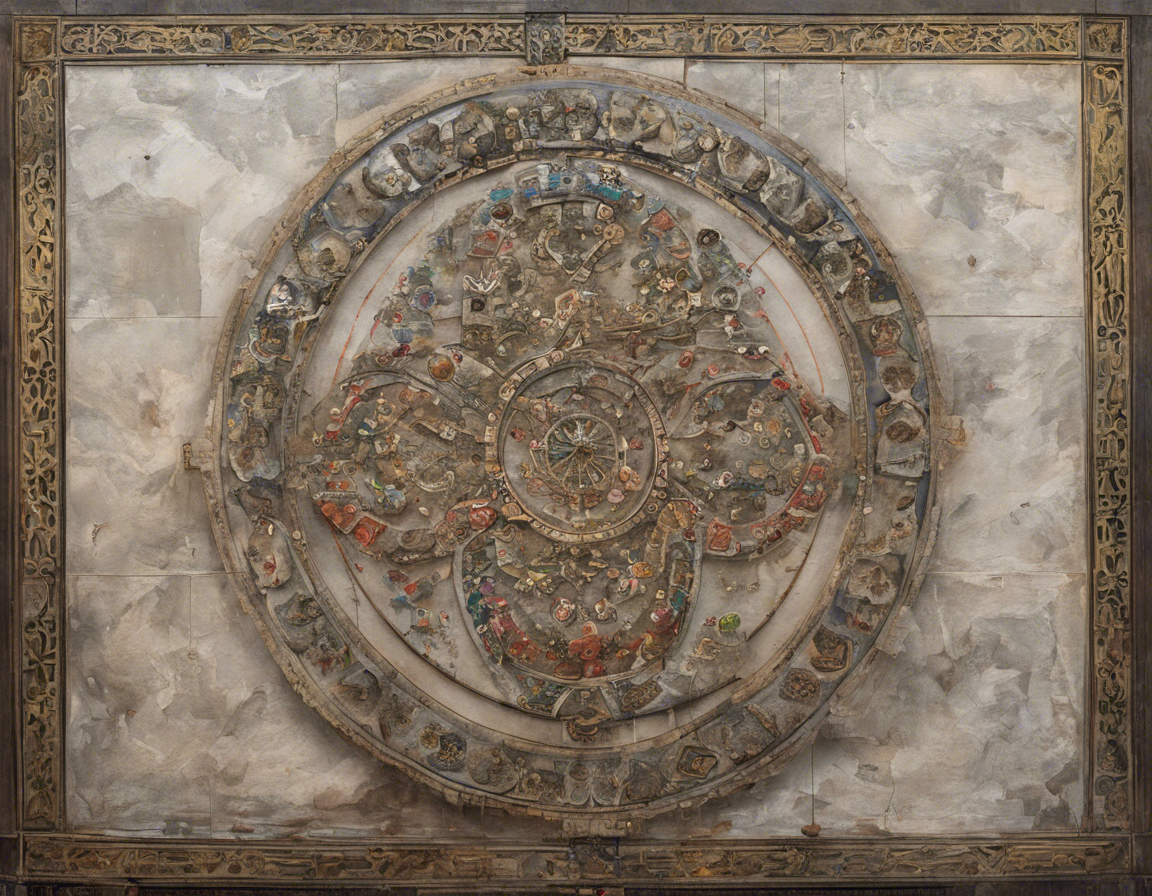Planning Your Gyaras Celebration in February 2024!


The month of February brings with it several cultural and religious celebrations across the world. Gyaras, also known as Gyara (11th), is a significant Hindu festival celebrated on the 11th day of the lunar month. This day holds great importance for devotees of Lord Vishnu, as it marks the culmination of a month-long fasting period known as Ekadashi. Celebrated with fervor and devotion, Gyaras is a time for spiritual reflection, prayers, and seeking blessings from the divine.
If you are planning to celebrate Gyaras in February 2024, here is a comprehensive guide to help you make the most of this auspicious occasion.
Understanding the Significance of Gyaras
Gyaras holds a special place in Hindu mythology and is believed to bring blessings, prosperity, and spiritual growth to devotees. The day is dedicated to Lord Vishnu and is considered highly auspicious for fasting, prayers, and charity. It is believed that observing a fast on Gyaras can wash away sins, fulfill desires, and bring peace and happiness into one’s life.
Rituals and Traditions
Fasting (Vrat) on Gyaras
Fasting is an integral part of Gyaras celebrations. Devotees abstain from consuming food and water for the entire day, breaking their fast only after performing the evening prayers and offering food to the deity. Fasting is believed to cleanse the body and soul, enhance self-discipline, and invoke divine blessings.
Offering Prayers and Bhajans
Devotees visit temples, offer prayers to Lord Vishnu, and sing devotional songs and hymns known as bhajans. The atmosphere is filled with spirituality and devotion, creating a sense of peace and harmony among the worshippers.
Charity and Feeding the Poor
Charity is an essential aspect of Gyaras celebrations. Devotees believe in helping the less fortunate by donating food, clothes, money, or other essential items to the needy. Feeding the poor is considered a noble act and is believed to earn blessings from the divine.
Decorating Your Home for Gyaras
Rangoli Designs
Decorating your home with vibrant rangoli designs is a popular tradition during Gyaras. Intricate patterns and motifs are drawn at the entrance to welcome prosperity and good fortune into the household.
Floral Decorations
Adorning the prayer room and home altar with fresh flowers is a common practice during Gyaras. Flowers symbolize purity, beauty, and devotion, enhancing the spiritual ambiance of the space.
Lighting Diyas and Candles
Lighting traditional diyas (earthen lamps) and candles is believed to dispel darkness and bring in light, positivity, and warmth. It is a way of symbolizing the victory of good over evil and inviting divine energy into the home.
FAQs (Frequently Asked Questions) about Gyaras Celebrations
Q: Can anyone observe the fast on Gyaras, or are there any restrictions?
A: Anyone can observe the fast on Gyaras, regardless of age or gender. There are no strict restrictions, but pregnant women, young children, and individuals with health conditions are advised to consult a healthcare provider before fasting.
Q: What foods are usually consumed after breaking the fast on Gyaras?
A: Devotees typically break their fast with a simple meal consisting of fruits, nuts, milk, and light vegetarian dishes. It is recommended to avoid heavy or spicy foods to ease digestion after fasting.
Q: Is it necessary to visit a temple on Gyaras, or can prayers be performed at home?
A: While visiting a temple is considered auspicious on Gyaras, prayers can also be performed at home with equal devotion. Creating a sacred space for prayer and meditation can enhance the spiritual experience.
Q: How can one involve children in Gyaras celebrations?
A: Children can be involved in Gyaras celebrations by encouraging them to participate in prayers, learn about the significance of the festival, create artwork or rangoli designs, and engage in acts of charity such as sharing toys or clothes with the less fortunate.
Q: Are there any specific mantras or prayers that should be recited on Gyaras?
A: Reciting Vishnu Sahasranama (the thousand names of Lord Vishnu), chanting the mantra “Om Namo Bhagavate Vasudevaya,” and singing Vishnu bhajans are common practices on Gyaras. Devotees can also offer prayers from the heart with sincerity and devotion.
Conclusion
Gyaras is a time for spiritual renewal, devotion, and seeking blessings from the divine. By understanding the significance of the festival, observing rituals with sincerity, and involving loved ones in the celebrations, one can experience a deep sense of connection and contentment. May the auspicious occasion of Gyaras bring joy, prosperity, and spiritual fulfillment into your life in February 2024!
- 291
- 0

0 Comments